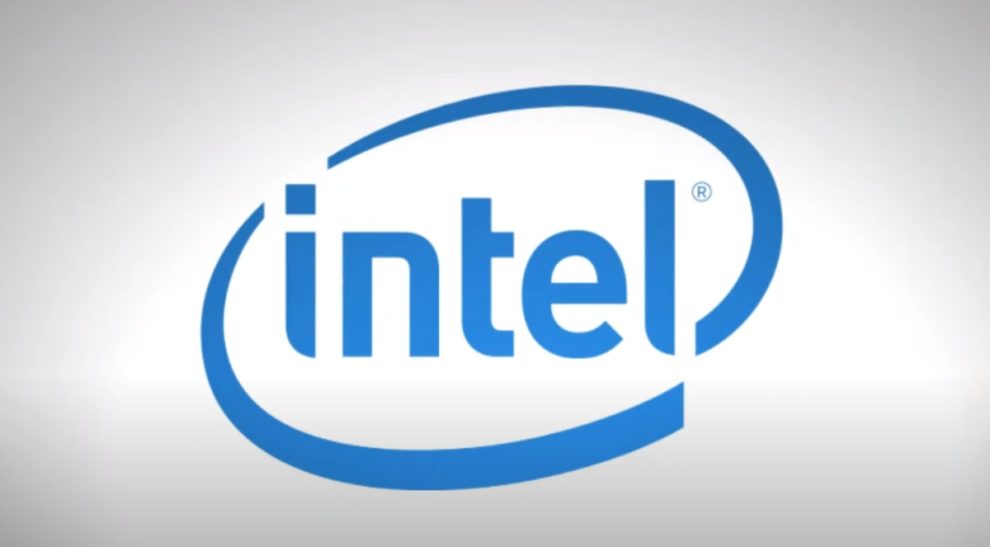According to Global Times, US chipmaker Intel has moved to remove a paragraph as an apology about northwest China’s Xinjiang Uygur Autonomous Region from an annual letter to suppliers, causing widespread outrage among the Chinese public and prompting at least one partner, pop singer Wang Junkai, to sever ties with the company.
The removal of the Xinjiang reference is yet another step Intel has taken to repair its image in China. According to the report, the company issued a statement in late December last year in which it “deeply apologized” to its “respected Chinese customers, partners, and the public.”
Evidently, that apology was insufficient to satisfy many Chinese citizens, who chastised the company for initially believing US politicians’ lies about “forced labour” in Xinjiang and then apologising to save its Chinese business. According to Chinese state media, Intel appears to have gotten the message because it went so far as to remove the paragraph.
According to Global Times, this should be a valuable lesson for many US and other foreign businesses as they continue to or are likely to face mounting political pressure from US politicians to ban Xinjiang products based on political lies.
Some, including Wal-Mart, which has been accused of removing Xinjiang products from its Chinese shelves, will pay a price if they undermine Chinese interests and offend Chinese consumers. Others, such as US electric carmaker Tesla and Japanese clothing brand Uniqlo, have resisted unreasonable US political pressure, according to the report.
According to the Global Times, despite Intel’s initial letter’s venom, it is the US government that is pushing the lurid and ridiculous claims of “forced labour” and “genocide” in Xinjiang, and actively forcing businesses to ban products from the region.
That is the root cause of the difficulties Intel and many other US and foreign businesses face in the Chinese market, and it remains unchanged, it added.
